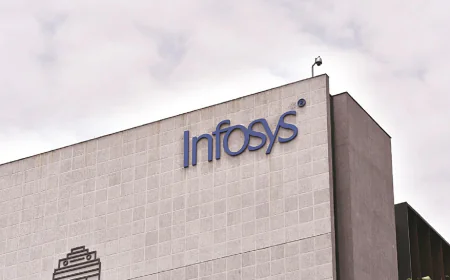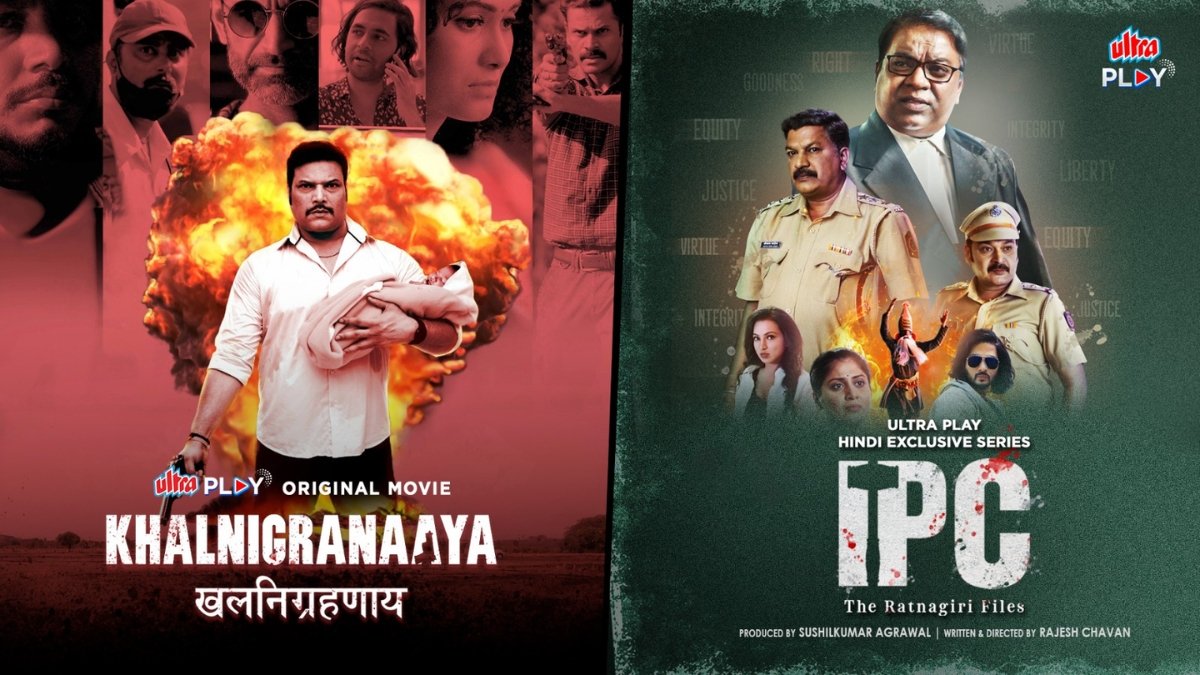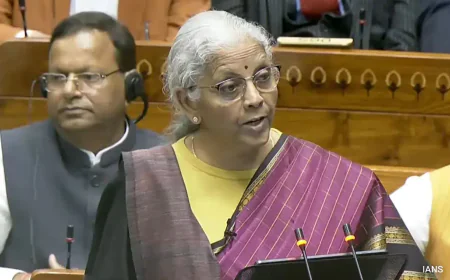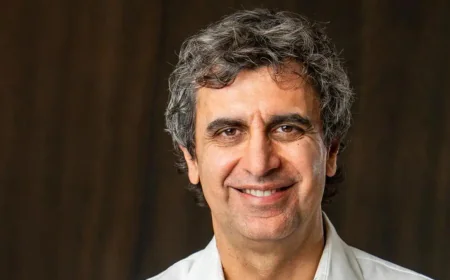"The Art of Negotiation is a Must for a Leader," says Alok Bansal, Visionet Systems India's MD and Global Head of BFSI Business Visionet

In his 1961 inaugural address, American President John Fitzgerald Kennedy memorably said, "Let us never negotiate out of fear. But let us never fear to negotiate." This wisdom is applicable to virtually any circumstance in life and in business, and Visionet Systems Indias MD and Global Head of BFSI Business, Alok Bansal, agrees. He says, Nobody can find all the answers and resolve all situations alone. This is particularly true for leaders as they must come to an agreement with multiple stakeholders while trying to address a common problem. While handling mergers and acquisitions, negotiation skills are particularly critical and you need them to also build long-lasting relationships with partners, vendors, clients, and even your team of employees."
 |
Alok Bansal Visionet Systems Indias MD and Global Head of BFSI Business
Want to get your story featured as above? click here!
Want to get your story featured as above? click here!
He adds that the art of negotiation is a prerequisite for anyone striving to be an effective leader, and offers a few tips that can help aspiring leaders to be better negotiators.
Be consensus oriented: When we are focused on solutions, we tend to work together rather than against each other, says Bansal and adds, "The Harvard Business School has an online course on negotiation mastery which I highly recommend as it teaches how to reach a consensus in tricky negotiations and to resolve small issues before they escalate into bigger problems."
Cultivate emotional intelligence: A leader must cultivate emotional intelligence to accurately gauge the reactions of the person on the other end of the bargaining table, says Bansal and adds, "Understanding the nuance of ZOPA (Zone of Possible Agreement) and learning to analyse BATNA (Best Alternative to a Negotiated Agreement) will help any leader to create a strong foundation for productive dialogue."
Focus on mutual benefit: Bansal emphasizes the importance of defining and understanding one's own value and also seeing things from the vantage point of others. He says, "It is healthier for business leaders to not be inflexible and focus on mutual benefit. You cannot just be thinking about one course of action and no other. I also recommend learning from past experiences to improve how you negotiate with others in the future and then work towards a win-win solution."
Bring in the personal element: Bansal stresses the importance of having a personal, face-to-face dialogue rather than through emails, while negotiating and says,"The tonality of an email may be misunderstood and making an effort to meet and communicate makes all the difference. It is also important that while dealing with clients or peers from other countries, we are sensitive to specific socio-cultural parameters."
He also underscores the importance of being thoroughly prepared with adequate research before a negotiation with investors, partners, and potential clients but most of all, he emphasizes on a code of ethics. As he says, "Respecting a contrarian viewpoint, not over-promising deliverables just to create an impression, being upright, clear, precise and honest builds solid goodwill that holds a leader in good stead in the long run."
![]()

















%20(1).jpg)













.jpg)








.jpg)


.jpg)




































